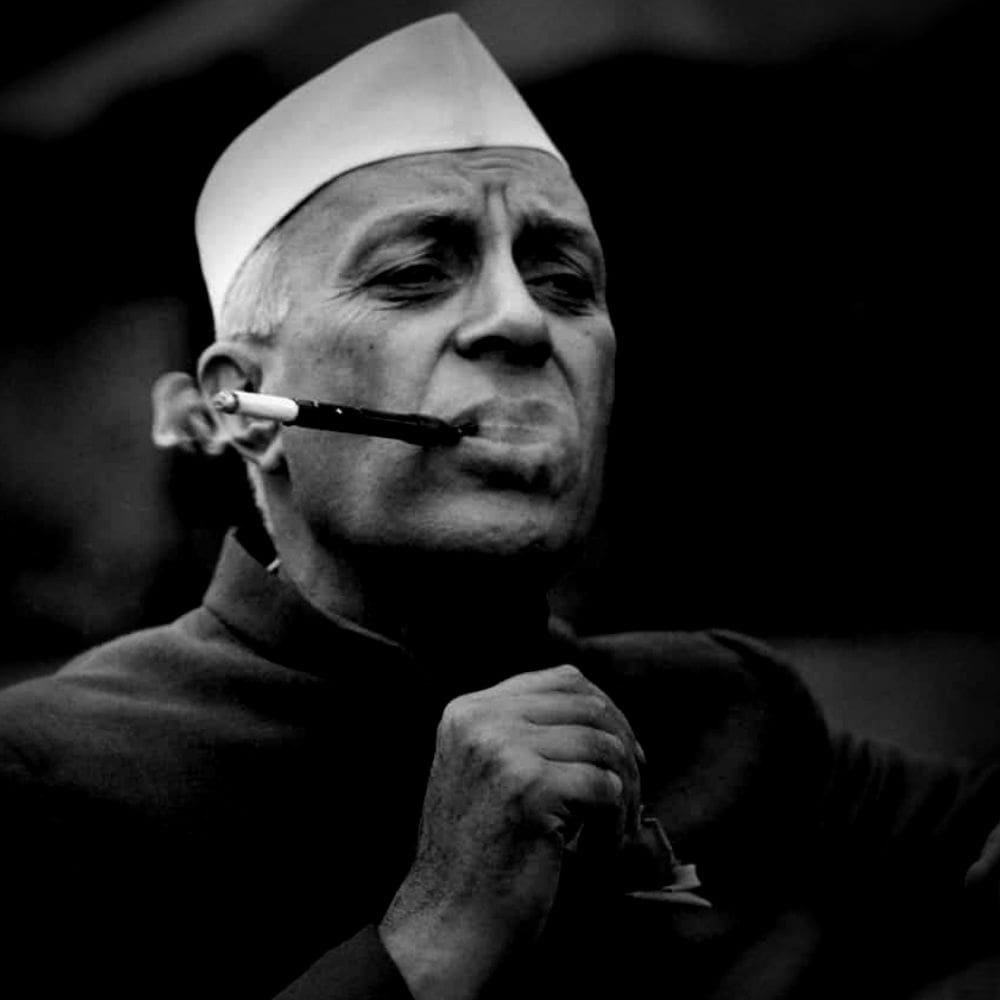PATHETIC INDIA VS. OTHER COUNTRIES
India, which was far better placed with respect to many countries in Southeast Asia when Nehru took over the charge of India, was left far, far behind all of them by the end of the Nehru’s tenure. Nehru miserably failed to do justice to India’s potential.
Let’s take a concrete comparative example. After its separation from Malaysia in 1965, Singapore was left as an independent country that was not only poor and backward, and with meagre defensive capabilities, it had NO natural resources—not even water! It had to import water from Malaysia. Lee Kuan Yew, often referred to by his initials as LKY, who became its Prime Minister, lead it through its traumatic separation. Thanks to his enlightened grasp on “what makes a nation strong and prosperous”, sound and far-sighted diplomacy and foreign policy, innovative ideas, wise strategy and unmatched competence in governance, he lifted Singapore from a poor, backward, “Third World” nation in 1965 to a “First World” Asian Tiger by 1980—in mere 15 years!
In comparison, what did India achieve during the 17 years of Nehru rule? India had tremendous natural and water resources and the significant colonial legacy of defence, military, trained bureaucracy, industries and infrastructure, particularly railways. However, at the end of Nehru’s 17-year rule India remained a poor, third-world country of starving millions begging the world for food and aid.
LKY managed to convert barren Singapore, with no water resources, into a clean, beautiful, green, garden nation. And, what has India done after independence? Converted India into a gigantic garbage bin!
Japan, which had almost the same GDP as India in the early 1950s, grew so fast that by 1980, India’s GDP was a mere 17% of Japan’s. Japan grew at massive 18% annually during the 15-year period starting 1965 and took its GDP from 91 billion dollars to a mammoth 1.1 trillion dollars by 1980.
Park Chung-Hee of South Korea took his poor, pathetic country— amongst the world’s poorest (poorer than India at the time of India’s independence)—and placed it on an automatic path to the first-world status: today it is a rich, gleaming, confident country that would leave many advanced first-world western countries behind. South Korea’s per capita income is currently 1400% that of India, although at the time of our Independence it was on par!
That Japan achieved what it did, and so also South Korea, Taiwan and Singapore, was because their leaders refused to follow the politically convenient and self-serving populist socialistic path to nowhere; and didn’t think aping the Soviets was a panacea. Thanks to the wisdom that dawned upon China, it junked its socialistic past, tremendously improved its governance, and is now a super power both economically and militarily.


